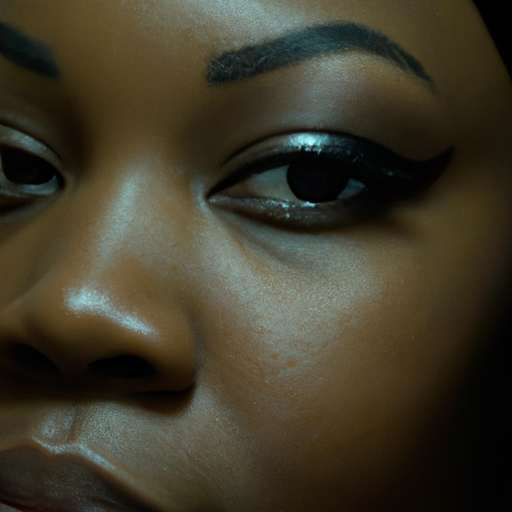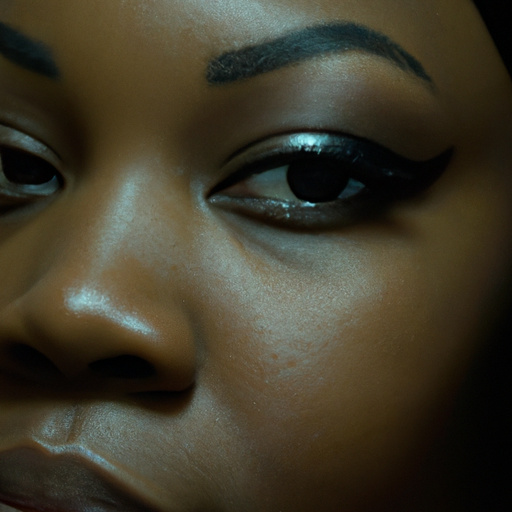As a doctor, I have always emphasized the importance of maintaining a healthy lifestyle, which includes taking care of your skin. One of the most common advice given is to moisturize regularly. However, many people are still unaware of the real impact of moisturizing on their skin. Let’s unmask the truth about moisturizing and its significance in maintaining skin health.
Skin is the largest organ in our body and acts as a protective barrier against environmental factors such as pollutants, germs, and UV rays. It also regulates body temperature and plays a crucial role in the immune system. To perform these functions effectively, the skin needs to be hydrated and healthy. This is where moisturizing comes into play.
Moisturizers are primarily designed to hydrate the skin by trapping water in the skin’s outermost layer, the stratum corneum. They also replenish the skin with essential lipids and fatty acids, which are vital for maintaining the skin’s barrier function. Regular moisturizing helps to maintain the integrity of this barrier, keeping your skin healthy and resilient.
One of the most immediate effects of moisturizing is the improvement in skin texture. Dry skin can feel rough and flaky, but applying a moisturizer can make it feel smoother and softer. Moisturizers also give your skin a plump and firm appearance, reducing the visibility of lines and wrinkles.
Moreover, moisturizing can help to regulate sebum production. Sebum is an oily substance produced by your skin’s sebaceous glands. While it’s necessary for keeping your skin moisturized, excessive sebum can lead to oily skin and acne. By providing your skin with the moisture it needs, you can prevent overproduction of sebum and reduce the risk of acne.
Furthermore, moisturizing can protect your skin from environmental damage. Many moisturizers contain ingredients like antioxidants and SPF that can shield your skin from harmful UV rays and free radicals. These factors can cause premature aging and skin cancer, so it’s crucial to protect your skin from them.
However, not all moisturizers are created equal. The effectiveness of a moisturizer depends on its ingredients and your skin type. For instance, if you have dry skin, you might benefit from a cream or ointment that contains oils or emollients. If you have oily skin, a water-based or gel moisturizer might be more suitable. It’s also important to look for non-comedogenic products that won’t clog your pores.
In conclusion, moisturizing is an essential part of skincare. It helps to maintain the health and integrity of your skin, improving its texture and appearance. It can also regulate sebum production and protect your skin from environmental damage. However, it’s important to choose a moisturizer that suits your skin type and contains beneficial ingredients. As a doctor, I strongly recommend incorporating moisturizing into your daily skincare routine to keep your skin healthy and radiant.




